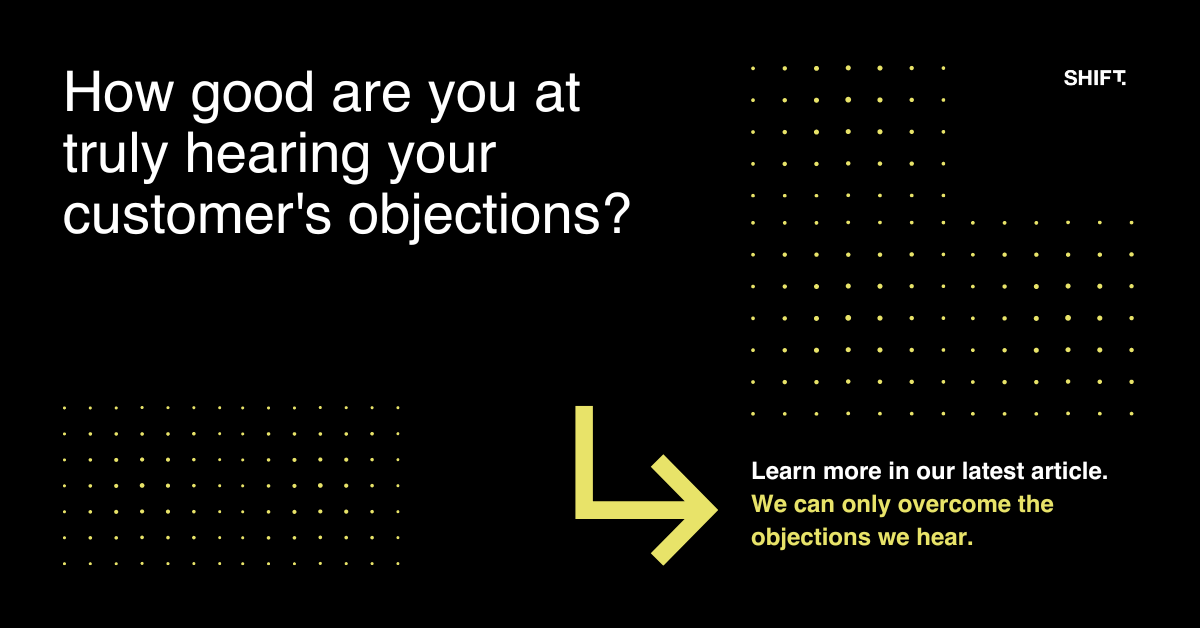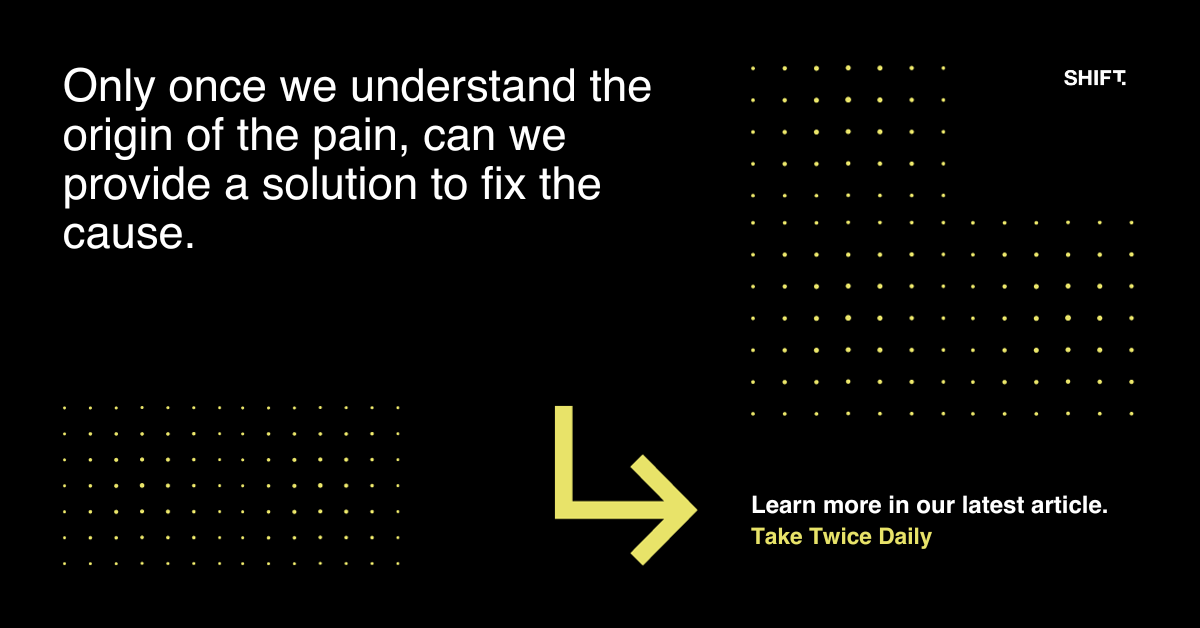‘The fool tells me his reasons; the wise man persuades me with my own.’
At each training course I run, I like to go around the room and ask each attendee ‘what is one thing that you think would make you a better salesperson?’ There are always a few answers that come back with something like 'understanding which customers will be the right customers to go after. I don’t want to waste my time on the ones that ‘don’t get it'.
Wouldn’t it be great if each customer had a tattoo on their forehead saying, ‘I get it’ or
‘I don’t get it’? It would make selling so much easier, we could see more customers and increase sales and margin. Happy days!
This is not a customer problem; this is a salesperson problem.
It all comes down to the salesperson’s true knowledge of their customer. The smart salesperson understands that their success correlates with how well they ensure the customer, that what’s on offer is a true reflection of their needs.
It is whether the salesperson really understands why the customers who bought off them did so and in turn knowing the ones that didn’t buy off them was because they failed to get through to the customer why what they were offering is what the customer was looking for.
'The fool tells me his reasons; the wise man persuades me with my own'
Perhaps we should tattoo the foreheads of all salespeople saying, ‘I get it’ or ‘I don’t get it’. This way customers won’t waste time with salespeople who only care about what they are going to get out of the sale. Customers want to interact with a salesperson who is in tune with what they need and help them find the path to the solution they’re looking for. I would gladly pay for that relationship.
Understanding the customer is an art and it takes a big shift in the way most people sell.
Why?
Because you must listen, really listen! This is contradictory to normal salesperson behaviour because salespeople generally like to talk. We then must ask the right questions.
David Yule in his book ‘Plain Selling’ talks about Understanding Questions and Selling Questions. Understanding questions give you insight into the customers’ values, beliefs and fears. Selling questions are asked purely for the salesperson to then be able to tell you something about what they are selling. You may think that ‘have you bought off us before?’ is an understanding question. It’s not, this is a selling question and the minute you ask this of a customer their barriers will go up and it will become a typical salesperson/customer stand-off. When you think about it what value to the salesperson is this question?
If you asked the question ‘what three things do you look for from a supplier’ then you are going to get some good stuff to drill down on. The art is in being able to drill down on each of the answers the customer gives you, with ‘why is that important to you’ to find the real answers and where the pain lies.
Learn to listen, avoid the want to ask selling questions, ask understanding ones instead and then drill down on what the customer tells you. You will find the answers you need to persuade the customer with their own reasons.
Andrew Nisbet









